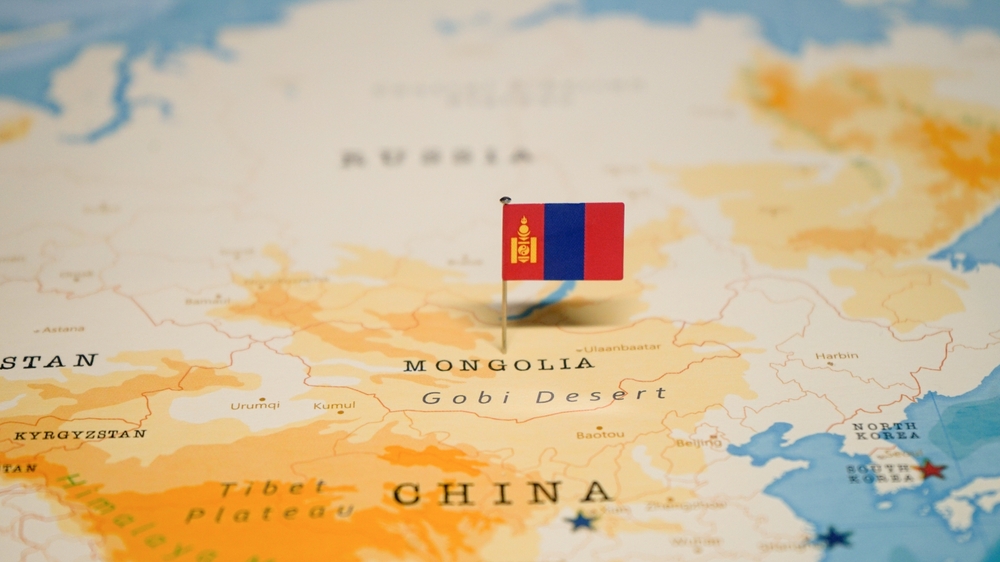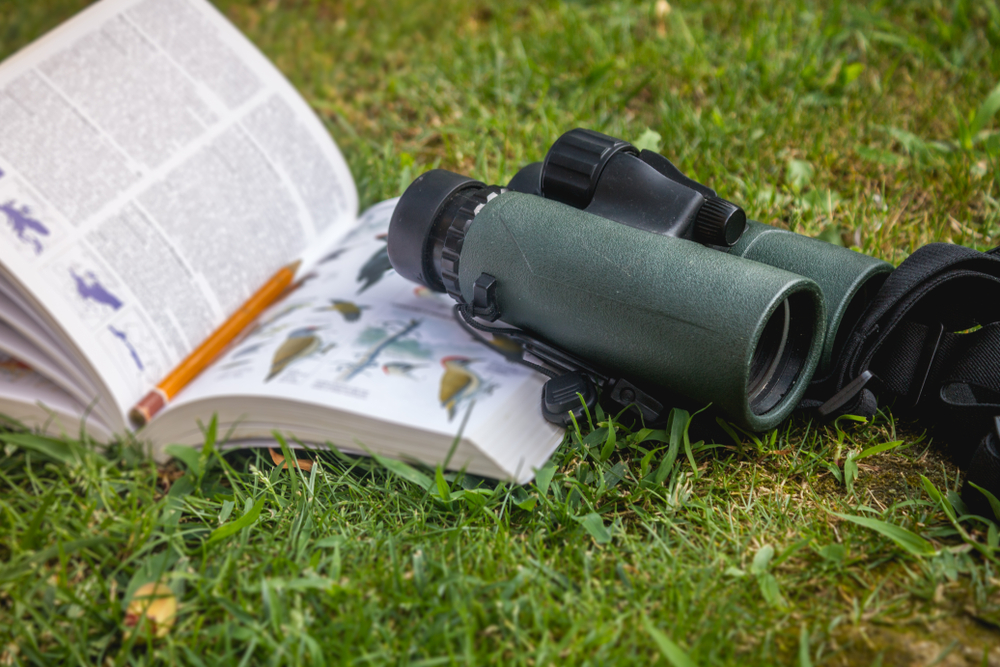What got you thinking about evolution?
“What I’d heard about Desmond Morris was, he was devising a scenario where it would have been a great advantage for the adult male to turn into a naked biped. I was looking at it and thinking, well, in those conditions it may have been favorable for the adult male to turn into a naked biped, but it would have been very awkward for his wife and for his children. So I think we had better start thinking about what it was like for them.”
What was it like for them, do you think?
“He said—what they all said at that time—was they were out in the hot sunshine on the savanna and they lost their fur because they got overheated in the chase. Well, his mate wasn’t overheated in the chase, and it was very awkward for her to become naked, because it was cold at night and she had to carry her baby, which could no longer cling to her fur. So I thought there must be another theory somewhere that makes more sense of it. Then I found out about Hardy.”
What struck you about Hardy’s theory and motivated you to write about it?
“I thought [the savanna theory] was, in a way, insulting to females, because whenever they tried to describe anything about the female, they always said they developed this for sexual attraction so the male would kindly give them a lump of meat and keep them alive. But this was ridiculous. There is no primate species of any kind where the female is fed by the male, and there are no hunting and gathering tribes where the female is fed by the male. The male goes hunting and brings home a lump of meat, but 70 percent, roughly, of the actual food they consume is collected by the females. And I thought it was demeaning and condescending and ridiculous. Why would human females have to go to all this trouble to live with the males when, in every other species, she doesn’t have to do anything, only be there?”
What role does the aquatic theory posit for women?
“We went into the water, I think, because there was plenty of food there. Or possibly the environment could have been flooded. But if they were near water, they would think, We could go in there and get some food, pick up shrimps and so. The only other animals that have become naked are either aquatic now or they’ve had aquatic ancestors. And I don’t see why we should be the only exception to that rule.”
In that scenario, monkeys would have gone wading in the water, not swimming.
“But you’re thinking of a swimming pool. It could have started in rivers: A lot of rivers aren’t deep enough to swim in. And if you’ve ever been on a shallow coast—if you go to Weston-Super-Mare and you want to swim—you’ve got to wade out for hundreds and hundreds and hundreds of yards before it gets deep enough to swim in. So I think that in a high percentage of the coastal areas, they would have had to wade before they could begin to swim. And it would also depend on what they were eating. If they were looking for shrimp and crustaceans and that sort of thing, you would stand there like pop-up fishers do today, at the shores.”
Why then did we lose our hair, if only our legs were in the water?
“You could begin by wading. Every primate, every chimpanzee, gorilla or anything, if it has to cross a stream or a river, it stands up and walks on two legs to do it. Later, once they’re in there, they would go deeper and learn to swim, yes. But the idea that they would sort of dive in off a cliff and start swimming before they could wade seems to me unlikely.”
Another critic said that most sea mammals have torpedo-like bodies, so you would presume that humans would have a body like that, too, if we had evolved in the sea.
“The ones that are shaped like torpedoes have been there for about 20 million years. We were there, I’m imagining, between 1 and 3 million years. It takes a very, very long time for a cow-shaped animal to turn into a whale. They become streamlined more gradually. But if you imagine a human diver going in off the top board and cleaving the water and hardly making a splash—try to imagine a gorilla doing that. We have become streamlined. The only way to explain that kind of difference about life is that we’ve become streamlined. Water is the only element that does that to people.”
What about our legs?
“The legless ones have been there for tens of millions of years. Think of an otter. We’re about at the stage of the otter. Otters haven’t lost their legs; they’ve become a bit more streamlined. But the whales and the seals must have gone through that stage when they still had legs, and that’s the stage at which we returned to the land.”
The scientific community has accused you of not knowing what you’re talking about. What do you reply?
“I wasn’t asking anybody to believe it because I was an expert; I was asking them to listen to the argument. And they could keep on saying, as they did for decades, ‘It’s all ridiculous, don’t listen to her,’ but they couldn’t threaten my career as they could have if I’d been a professional. It wasn’t my career, so I could say what I liked.”
The descent of woman
More of Today's Solutions
Making windows bird-friendly: a crash course on protecting our feathered friends
In 1990, Michael Mesure was on the way to a wildlife rehabilitation center. Among his passengers was a common yellowthroat, a colorful warbler that ...
Read MoreGood old-fashioned printed text outshines screens for cognitive engagement in...
In today's digital landscape, the draw of screens is clear, especially among the youngest members of society. But, what does this switch-up mean for children's ...
Read More6 feng shui tips to help you rediscover your creativity
Not all of us have jobs or passions that fall into a classically "creative" category, but you don't need to be a writer, singer, ...
Read MoreNew nasal spray treatment could help prevent Alzheimer’s
According to the World Health Organization, around 55 million people worldwide suffer from dementia. Although there’s currently no cure, researchers are unabatedly looking for ...
Read More










